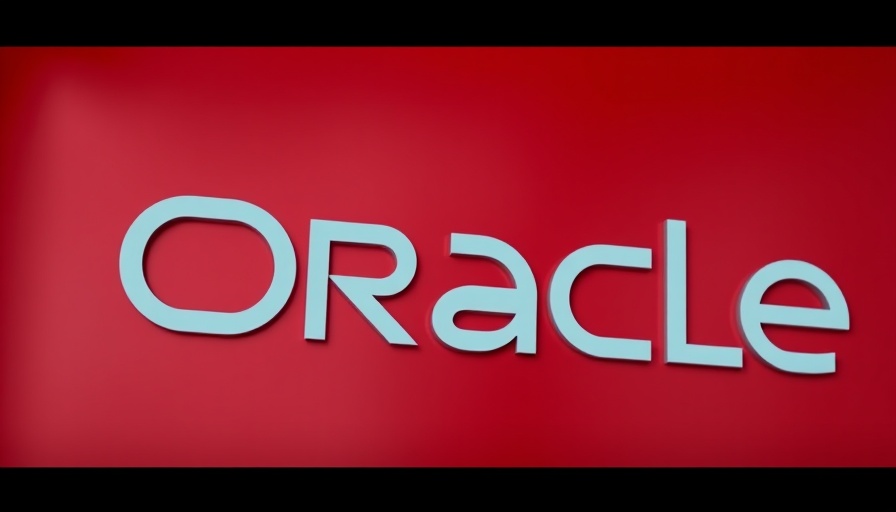
SpiceJet's Salary Disbursement Practices: Understanding the Phased Schedule
SpiceJet, a budget airline in India, has recently faced scrutiny for delays in salary payments to its employees. While the airline insists these delays are due to a phased disbursement schedule during lean periods, the impact on employee morale and confidence warrants a deeper exploration of payroll management practices, particularly in uncertain market conditions.
Employee Sentiment in Times of Financial Strain
For many employees, timely salary payments are not just about financial stability; they also reflect an organization’s health and its commitment to its workforce. The ongoing delays have understandably raised concerns among senior staff, who are often more financially invested in their roles. According to industry experts, maintaining employee satisfaction during these times becomes crucial to retaining talent.
Notably, SpiceJet's assertions that 60% of staff received their August salary on time may offer some assurance, yet the lingering delays risk alienating a significant portion of their workforce. Using traditional payroll systems that align financial disbursements with operational realities is essential for enhancing employee engagement and trust.
Social Declarations: Why Transparency Matters
In uncertain times, transparency about financial strategies can foster a culture of trust. SpiceJet's communication regarding its phased disbursement schedule indicates an awareness of this need; however, it risks sounding impersonal to those affected. Keeping employees updated about compensation strategies not only alleviates anxiety but also bolsters their connection to the company.
For HR professionals, implementing payroll automation and tracking metrics can enhance clarity and responsiveness while streamlining benefits administration.
Countering Challenges with Innovation
Airlines like SpiceJet are no strangers to fluctuating operational costs. Recent geopolitical tensions and airspace restrictions have compounded the issues faced in maintaining consistent revenue streams. However, with the rising need for innovative payroll solutions, organizations might consider integrating advanced HR software solutions or payroll outsourcing options to alleviate the administrative burden during lean periods.
This shift not only allows for more dynamic salary disbursements but also optimizes employee benefits and adheres to payroll compliance. Such measures could help organizations better weather financial storms while supporting their employees.
Preparing for Future Trends in Payroll Management
As we look ahead, the landscape of payroll management is evolving rapidly. With advancements in HR technology, companies now have access to robust workforce analytics that can provide insights into employee retention strategies and compensation benchmarking. The data derived from such analytics helps in proactive workforce planning, ensuring employees remain engaged even in challenging times.
Organizations need to embrace digital transformation in HR to equip themselves for the future; failure to adapt could lead to increased employee turnover and dissatisfaction.
The Significance of HR Best Practices
In light of SpiceJet's recent salary delays, HR professionals are reminded of the importance of developing sound HR policies around payroll. Implementing structured payroll systems that allow for smooth benefits enrollment and effective payroll reporting will ultimately lead to higher employee satisfaction.
By focusing on best practices in human capital management and keeping employee engagement at the forefront, organizations can navigate financial hardships while promoting a strong company culture.
Take Action: Enhance Your Payroll Strategies Today
For HR directors and payroll managers facing similar challenges, now is the time to reflect on your compensation strategies and how they align with employee expectations. Embrace the shift toward HR analytics and software solutions that foster clearer communication and sa<laary reliability within your organizations. Prioritizing employee satisfaction alongside operational realities will create a more resilient workforce.
As industries continue to adapt to uncertain economic landscapes, the ability to provide consistent and reliable payroll solutions will undoubtedly remain vital. Stay engaged with the evolving landscape of HR practices, and consider how effective payroll processing can be a cornerstone of your organizational culture.
 Add Row
Add Row  Add
Add 




Write A Comment